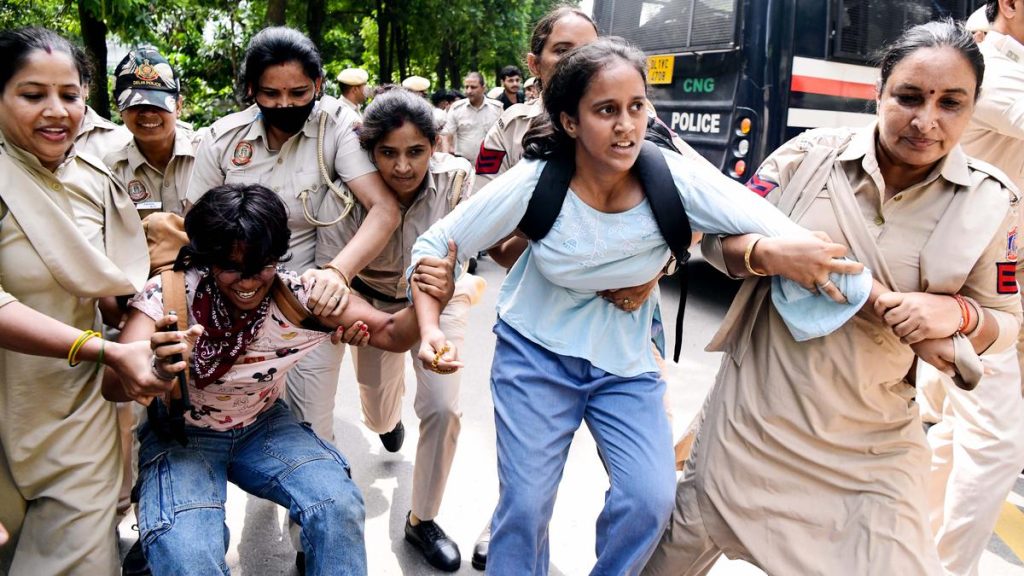Now Reading: Industrialist Cleared in Minor Son’s Driving Case
-
01
Industrialist Cleared in Minor Son’s Driving Case
Industrialist Cleared in Minor Son’s Driving Case

Fast Summary
- Muhammad Nisham, an industrialist from Thrissur currently serving a prison sentence for murder, was acquitted in a case relating to allegedly allowing his minor son to drive a luxury car on his birthday in 2013.
- The case had been booked under the Juvenile Justice (Care adn Protection of Children) Act and Motor Vehicles Act after a video surfaced on social media showing the alleged act.
- Key witnesses for the prosecution-his son (now 21), wife, and an apartment watchman-all turned opposed during trial, denying their earlier statements or knowledge of the incident/video.
- judge K. Kamanees cited lack of evidence connecting Nisham to the offences as grounds for acquittal. The court pointed out that crucial electronic evidence required validation under section 65 B of the Indian evidence Act was not provided by the prosecution.
- The judge remarked about “stunningly low levels of digital illiteracy” in handling digital evidence during trial.
Indian Opinion Analysis
This acquittal underscores critically important challenges within India’s justice system related to gathering and presenting credible digital evidence. Despite advancements in technology and it’s role as vital legal proof, authorities failed to meet procedural requirements outlined under Section 65 B of the Indian Evidence Act. This failure has broader implications: it highlights systemic gaps in legal and technical expertise when dealing with high-profile cases involving electronic data.
Additionally, witness credibility emerged as another key issue-with family members turning hostile-a common occurrence that often affects criminal trials against influential figures. Such developments raise concerns over impartiality and adherence to judicial processes while dealing with societal elites.
The court’s observations on digital illiteracy are noteworthy, pointing towards urgent reforms needed for educating law enforcement agencies about handling technology-based cases effectively. These improvements could strengthen accountability mechanisms not just in individual cases but across larger frameworks regulating critical issues like juvenile safety or road discipline.
for more details: Read More

























